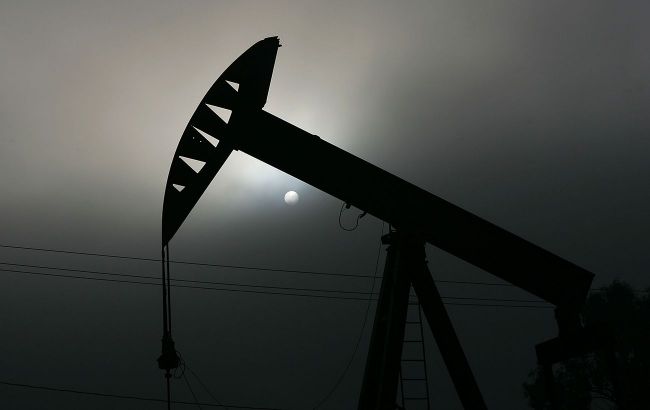Bulgaria enforces total ban on Russian oil import
 Photo: A complete ban on the import of Russian oil has come into effect in Bulgaria (Getty Images)
Photo: A complete ban on the import of Russian oil has come into effect in Bulgaria (Getty Images)
Bulgaria enforces a total ban on importing Russian oil into the country starting today, says BGNES.
This happened after the export of products made from Russian raw materials was banned from January 1.
The reason for the ban was Russia's war against Ukraine. Already two years ago, the EU imposed an embargo on Russian oil to reduce the Kremlin's income for waging war.
Bulgaria asked for a concession and got it. But from the middle of 2023, disputes flared in the parliament, with some parties loudly advocating a complete ban on Russian oil. This is how the decision of the National Assembly was adopted, which introduced a phased reduction in the import of Russian oil from the beginning of this year.
Deputy Delyan Dobrev said that the PJSC Lukoil Oil Company refinery has not imported Russian oil since the beginning of this year, and this has not had a detrimental effect on the Bulgarian economy.
Sanctions against the oil industry of Russia
Last year, the G7 countries, the EU, and Australia imposed a price ceiling on Russian oil delivered by sea at $60 per barrel. From February 5, 2023, similar restrictions began to apply to the supply of petroleum products from Russia.
Western sanctions meant that half of Russia's exports of oil and petroleum products went to China in 2023, while India's share rose to 40% in two years. Europe's share in oil exports from Russia fell tenfold - to approximately 4-5%.
Recently, the US Treasury Department imposed sanctions against the leading Russian tanker group "Sovcomflot". The decision was made to reduce Russia's income from the sale of oil, which it can use to support the invasion of Ukraine.
In January, Bulgaria had found a replacement for Russian oil, says Reutters. Now, fuel will be supplied from Kazakhstan, Iraq, and Tunisia.

